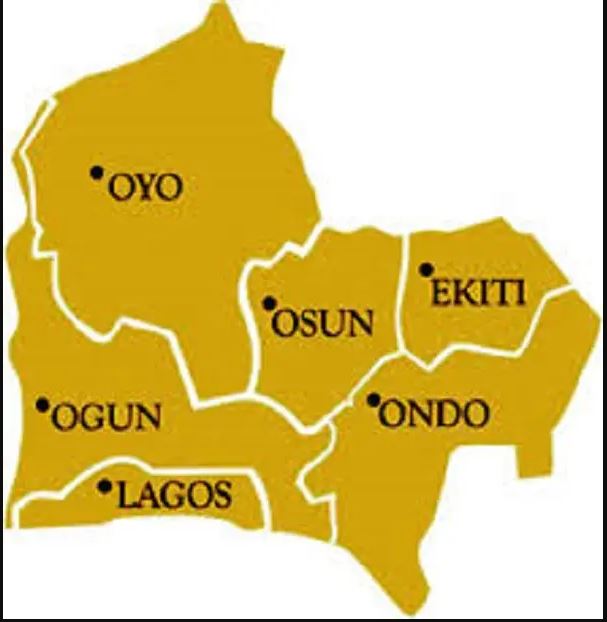The Majeóbajé Community Development Initiative, a prominent non-governmental organization, has voiced grave concerns regarding the escalating infiltration of terrorists and bandits into Nigeria’s South-West region. This alarming development stems from the worsening insecurity plaguing the northern parts of the country, which is now spilling over into the southern states. Initially, the migration from the North primarily consisted of refugees and individuals seeking economic opportunities. However, the situation has drastically deteriorated, with the influx now including hardened terrorists and bandits seeking refuge in the region’s forests and communities. These individuals, dislodged from northern Nigeria, Niger, Chad, and Mali, are either concealing themselves within the forests or operating openly amongst economic migrants engaged in informal work, posing a significant threat to the security and stability of the South-West.
The Majeóbajé Community Development Initiative’s statement, issued by Chairman Akintayo Akin-Deko and Secretary Ayo Oyerinde in Ibadan, Oyo State, highlights the growing insecurity as a national crisis. The group cited several tragic incidents as stark reminders of the widespread violence engulfing the nation, including the 2014 Chibok schoolgirls’ abduction, the 2022 Owo church massacre, and the recent spate of lynchings in Edo and Plateau states. These events underscore the urgent need for enhanced security measures and a comprehensive approach to address the root causes of the escalating violence.
While acknowledging the efforts of South-West governors in establishing security outfits like Amotekun and forest guards to combat the rising insecurity, the Majeóbajé Community Development Initiative emphasized the need for greater professionalism and improved equipping of these agencies. They cautioned against the politicization of these security initiatives, urging that they not be used as vehicles for political patronage. Instead, the group advocated for enhanced collaboration among the South-West states and the implementation of joint security mechanisms with neighboring states to effectively address the cross-border movement of terrorists and bandits. This collaborative approach is crucial for strengthening regional security and preventing the further spread of violence.
Furthermore, the Majeóbajé Community Development Initiative strongly condemned the increasing instances of mob justice occurring in several states, stressing the importance of due process and the rule of law. They called for the integration of local hunters and vigilante groups into the national security framework, recognizing their valuable knowledge of the terrain and their potential to contribute to community safety. These individuals, often deeply rooted in their communities, can play a crucial role in providing intelligence and supporting security operations. However, their integration must be carefully managed to ensure accountability and prevent abuses of power.
The group also raised concerns about the continued ban on the issuance and renewal of firearm licenses, arguing that this policy has disempowered local hunters who assist in security operations. They contend that this ban not only deprives hunters of their dignity but also endangers their lives when they confront heavily armed terrorists. The Majeóbajé Community Development Initiative urged the Inspector-General of Police to lift the ban and instead focus on strengthening gun monitoring protocols to prevent firearms from falling into the wrong hands. They believe that properly licensed and trained hunters can be valuable assets in the fight against terrorism and banditry.
The Majeóbajé Community Development Initiative commended the bravery and dedication of the Nigerian military personnel serving in combat zones and advocated for increased deployment of troops to the South-West region to bolster security efforts. They outlined their plans to engage with stakeholders and security agencies to advocate for lifting the ban on firearm licenses for qualified citizens and to provide training to communities on lawful responses to insecurity. The group, composed of professionals, academicians, and businessmen from across the South-West, including Kogi, Kwara, Delta, and Edo States, is committed to working towards a safer and more secure region. They believe that through collaborative efforts, community engagement, and effective security measures, the threat posed by terrorists and bandits can be mitigated, and peace and stability can be restored to the affected communities.


